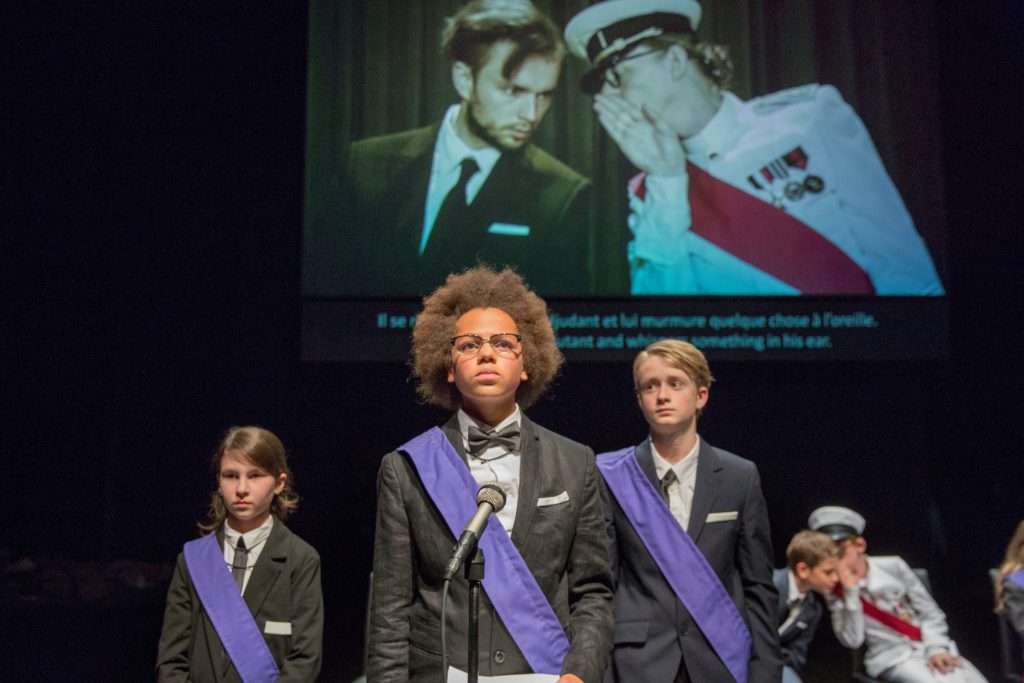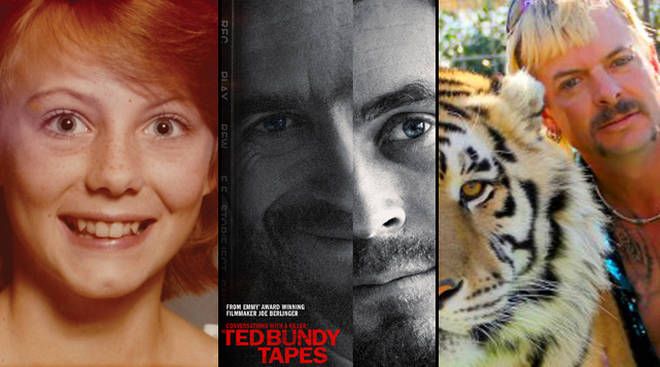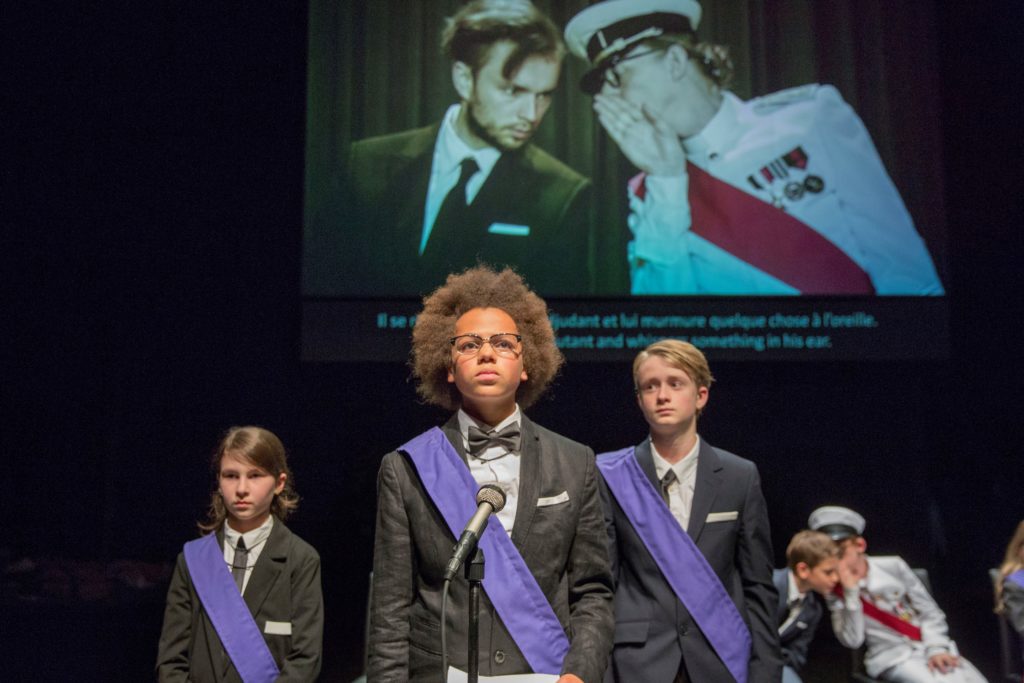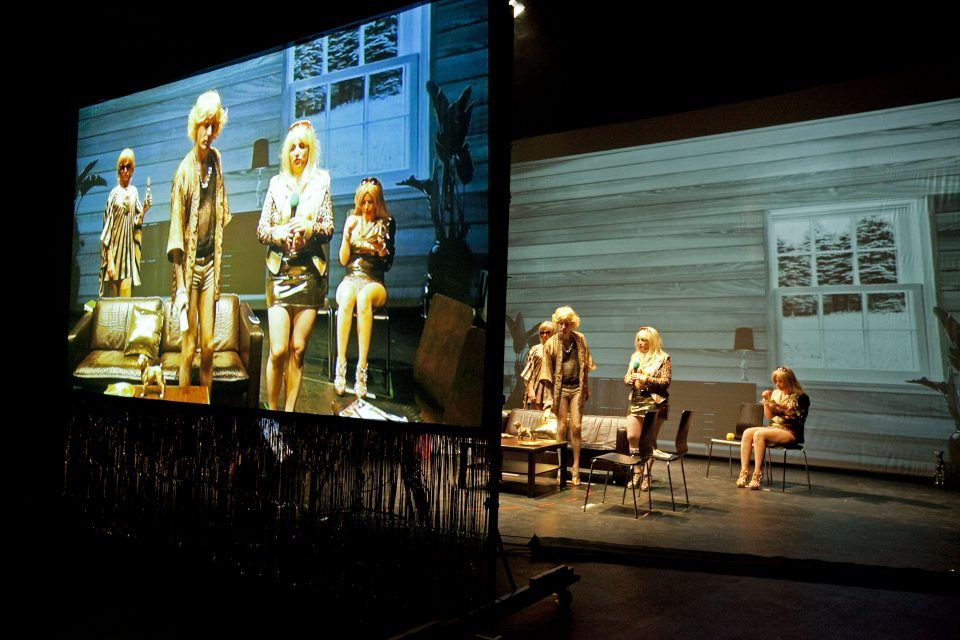Truth and Lies
There’s an introductions ‘game’ -one of the less awful ones- called ‘2 truths, 1 lie’ - in which you say three things about yourself and the other people in the group have to guess which is the lie. The way to win is to tell a lie that is plausible.

There’s an introductions ‘game’ -one of the less awful ones- called ‘2 truths, 1 lie’ - in which you say three things about yourself and the other people in the group have to guess which is the lie. The way to win is to tell a lie that is plausible.
Often you’re playing the game with a group of people who have only just met you, so their frame of reference is what you look like and how you talk. So if I say I have a sourdough starter that has been in my family for 34 years, that will probably pass - even before the current pandemic, it’s quite plausible that a middle-class person in their mid-30s would be into this kind of thing. Saying I rowed for my university is less likely to pass - although I’m the right demographic to have gone to a uni with a rowing team, I’m about a foot too short and a foot too wide.
If you’re really smart, you pair a plausible lie with an implausible truth. I have a friend who doesn’t present as at all sporty but happens to be a qualified ice-skating instructor. It’s always picked as the lie while whatever bollocks they have made up about learning Italian or growing sunflowers sneaks by undetected.
In a world where your life depended on winning at ‘2 truths, 1 lie’, what would yours be? It’s a slightly uncomfortable thought exercise because it asks you to consider what the snap judgements are that people make about you. That’s not really the point here, I don’t think we need anymore uncomfortable thought exercises right now.
What I’m interested in is this spectrum between ‘truth’ and ‘lie’ and where art sits in all that.
—
I feel like we’re obsessed with truth at the moment.

Whether it’s Tiger King, Don’t F**k with Cats or Making a Murderer the true crime genre is huge. Was it always like this? Sure, we’ve always had series that dealt with crime - and while shows like The Wire and The Sopranos felt real and were informed by ‘truth’ (including the gangsters who wrote to James Gandolfini saying that Tony would never, ever, ever wear shorts), they never pretended to be true - and I don’t remember watching thinking, yeah this is good, but I’d be enjoying it a whole lot more if it were true. Were there ‘true’ shows back then that I was oblivious to? Are there series now that are more popular than Tiger King? What changed?
In theatre, there are also many many more autobiographical shows than ten or fifteen years ago, often solo shows where someone tells us about an experience they’ve had. I’ve seen lots of these where ‘truth’ is prized over ‘art’ and it’s essentially someone recounting some (often horrible) things that happened to them in a way that isn’t massively different to how they’d tell it in the pub, and sometimes less interesting. Here there’s no need to suspend any disbelief. And so this kind of theatre doesn’t need to replicate reality onstage -these days when I see a set pretending to be an actual drawing room I’m genuinely surprised. Economics are definitely at play here - it’s certainly cheaper to write and rehearse a show on your own than it is to have a cast of seven (when was the last time you saw seven people onstage?!) and a big old set. But it can’t just be the market dictating our aesthetics, can it?
But if truth is expanding to fill the gap left by funding, who is paying for that? I think there’s a worrying trend of celebrating the heroic feat that the artist is undertaking reliving their trauma onstage for our viewing pleasure. And yes, these artists are grown-ups and they are making a choice but I think it’s pretty worrying if we can’t recognise structural racism or the scale of the mental health crisis without someone who has directly suffered as a consequence standing in front of use and telling us that it exists. I’m not hating on autobiography theatre, some of it is very good, I just wonder why it’s so prevalent right now, and what that says about the society (and industry) that watches it.
(As a sidebar: I still think the theatre experiences I’ve had which stay with me the most are those that play with truth, that simultaneously are ‘truthful’ but reveal their own artifice, in a way that theatre does better than any other medium. I guess I’m thinking about Gobsquad’s Western Society, Milo Rau’s Five Easy Pieces, or Wunderbaum’s Looking for Paul. And as I write that list I’m struggling to think of work made in England which does this…)

—
We (Fast Familiar) are part of this truth fixation thing. We’re making an artwork which isn’t true but it could be (it's called Smoking Gun). The process of making it has involved creating an extended universe which overlaps with the world - forged accounts, websites for fake events and made-up companies, photoshopped CCTV footage.
And we have SO enjoyed this process. The nerdy bits like finding the kind of font a particular industry would use, the company names that no one will turn a hair at, even the character names that immediately give a wealth of information about who that person is.
One of the things that I’ve realised is that in writing for interactive, you’re writing through symbols and dogwhistles because that’s the only way to get across the information you need, in the time you have, leaving enough space for the player. The moment you’re implausible, you risk losing people. Things don’t have to be true, but they have to be plausible. Because if they’re not, people will spot the lie.
—
I’ve started doing author Neil Gaiman’s writing course on Masterclass. A friend very kindly added me to his Masterclass subscription and a collaborator recommended this course (so thank you Delme and Sandy for starting this whole line of enquiry). In the workbook section for chapter two, it says:
Using the “lie” of a made-up story to reach a human truth is one of the central tools of literature. Samuel Taylor Coleridge explained that in order to sink into and enjoy a story, an audience must have “poetic faith”—meaning that they must be willing to accept that the story they are hearing is a facsimile of reality. In order to encourage a reader’s “willing suspension of disbelief,” writers strive for verisimilitude. (Today, Stephen Colbert would call this “truthiness.”) The goal is to be credible and convincing.
On a zoom call just after I read this chapter, we all had to say what we did and I decided to introduce myself as a professional liar (I’m mostly a writer, although on reflection I’ve realised there’s just as much fabrication of truth in being a producer). I’ve heard artist Selina Thompson describe herself as ‘a professional show-off’. (I also feel like a massive imposter whenever I talk about myself as a writer.)
After the introductions were done, someone asked me why I’d described myself like that. Wasn’t I interested in truth? And I was like… umm I guess so. And I know that all good stories are anchored in some truth, I do know that’s the point wor Neil (as my friend Luca calls him) is making, but I kind of feel that right now I need to make the case for lies - or stories as they’re otherwise known.
I don’t know why the idea of being a professional liar appeals to me so much. I’m a terrible liar in real life and usually people can tell exactly what I think from my face. But I get so much pleasure from creating the kind of plausibility that draws people into stories. I think this is partly to do with my unrealised ambition to be a criminal mastermind, so there’s definitely a perverse personal pleasure in there.
But if fiction stopped being enough at some point in the last decade, I love the creative challenge of dressing it up so it’s still allowed into the club.
—

I don’t know if anything I’ve written here is true, I haven’t done the background research. But if it’s plausible and you’re still reading, does that matter?

